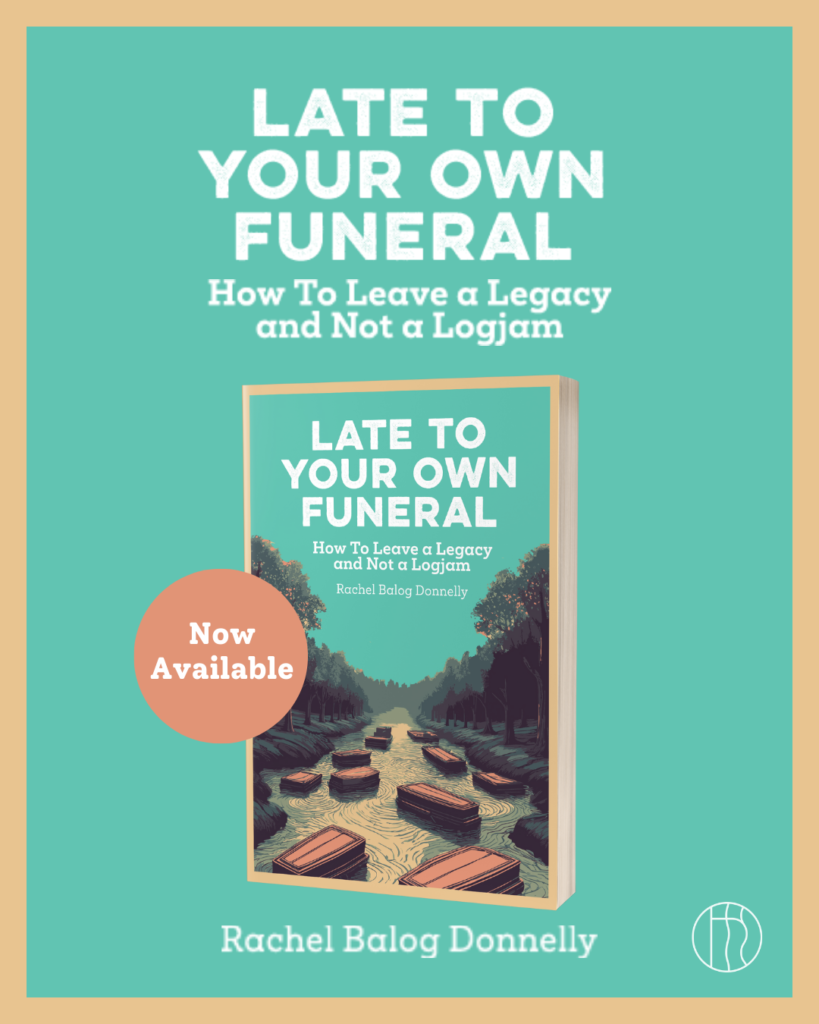Dear friends,
Being an executor is a role you (hopefully) will fulfill only once in your lifetime. However, I’ve had the distinct pleasure (or not-so-pleasant experience) of serving as an executor not just once, but twice. Through my own experiences and working with numerous executor clients, I’ve learned valuable lessons about the common mistakes executors tend to make.
Here are a few insights and tips to help you avoid potential setbacks.
Mistake #1: Underestimating the Time and Effort Involved
One of the most common mistakes is underestimating the time, exhaustion, and all-encompassing nature of the executor role. It’s crucial to have a clear understanding of the responsibilities and legal obligations, while also attending to your grief before taking on this role. By being prepared and aware of the tasks ahead, you can manage your time effectively and prevent unnecessary stress.
Mistake #2: Not Interviewing Multiple Probate Attorneys
When my mom died, I hired an attorney who was recommended but who was also semi-retired. My mom’s estate took several years to finish so the attorney became harder and harder to contact as the years dragged on. With my uncle’s estate, I hired the first one who returned my call. Lessons learned? Don’t settle for the first attorney you come across. Take the time to do your research, gather recommendations, and interview multiple attorneys to find the one who best suits your needs. An experienced estate attorney can provide valuable guidance, streamline legal procedures, and help you avoid costly mistakes. Consider asking questions like:
- Are probate cases your primary focus?
- Have you handled cases similar to my own?
- How will we communicate?
- How do you charge for your services?
- What information and documents will you need from me?
- Can you give me a rough timeline of what to expect?
Mistake #3: Not Getting Completely Organized from the Start
To ensure a more accurate and efficient estate settlement, I strongly recommend creating a spreadsheet to keep track of debts, assets, and expenses. Organize financial documents, create a comprehensive inventory of assets and debts, and maintain clear records. Furthermore, if you’re disposing of personal property, gather information, do research, and take pictures before selling, liquidating, or distributing to beneficiaries. These simple steps will save you time, money, and potential disputes down the road.
Mistake #4: Not Asking for Help
Why try to settle a loved one’s affairs alone when there are experts who specialize in this? In today’s hustle culture, it’s easy to take on more than we can handle. Professionals who specialize in settling estates have the knowledge and expertise to navigate complex issues, jargon, and processes. Remember, it’s okay to ask for help.
I founded AfterLight because I wished I had a service like this during my own experiences with loss. I understand firsthand how overwhelming and emotionally taxing it can be. That’s why I approach serving clients through the same lens of addressing their unique goals, needs, and circumstances. AfterLight provides personalized attention to detail and intentional services tailored to your specific situation.
Losing a loved one is a difficult journey, and as an executor, managing the logistics of settling an estate can feel overwhelming. Approaching your executorship role with patience, attention to detail, and the support of trusted professionals can make a world of difference. At AfterLight, it is our mission to provide you with the guidance, resources, and support you need to navigate this role with confidence and peace of mind.
If you have any questions or would like to schedule a consultation, please don’t hesitate to reach out. Together, we’ll help you navigate your executor duties with care and ease.







